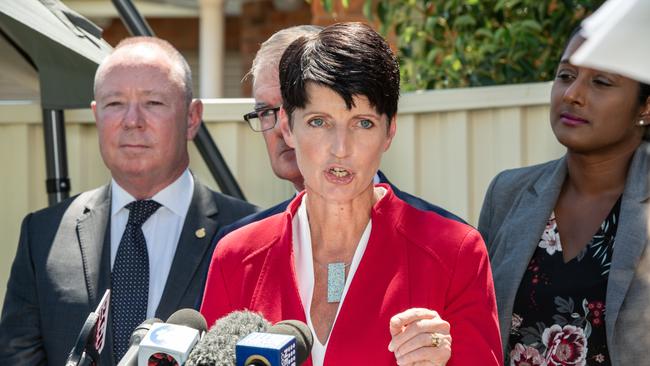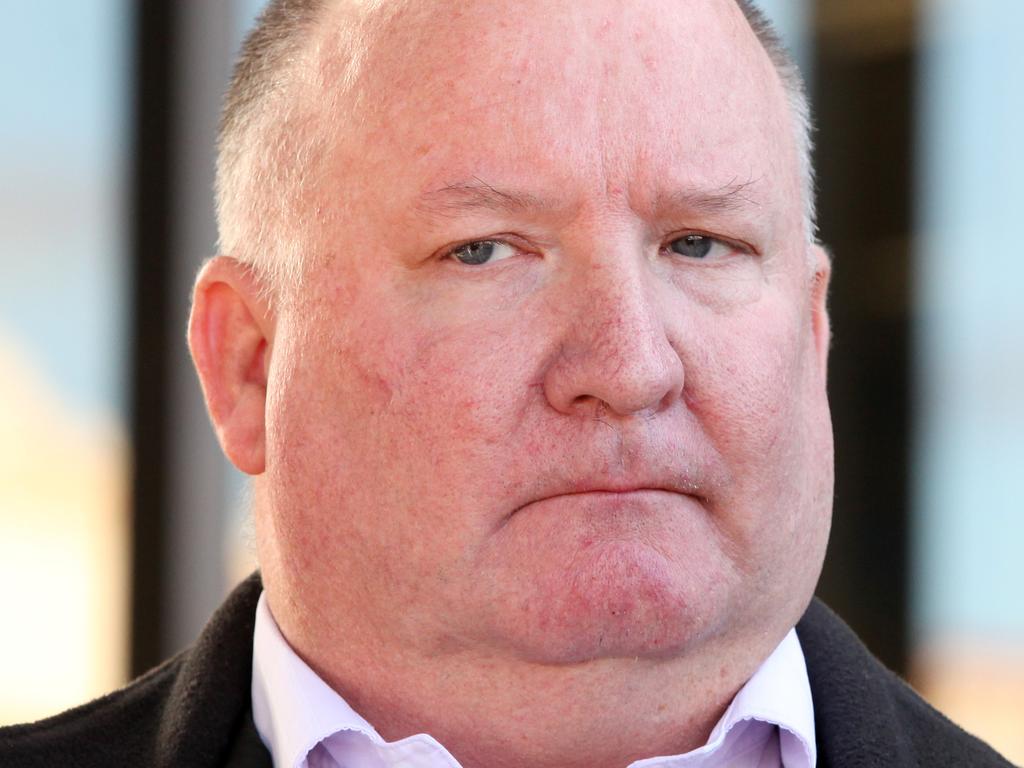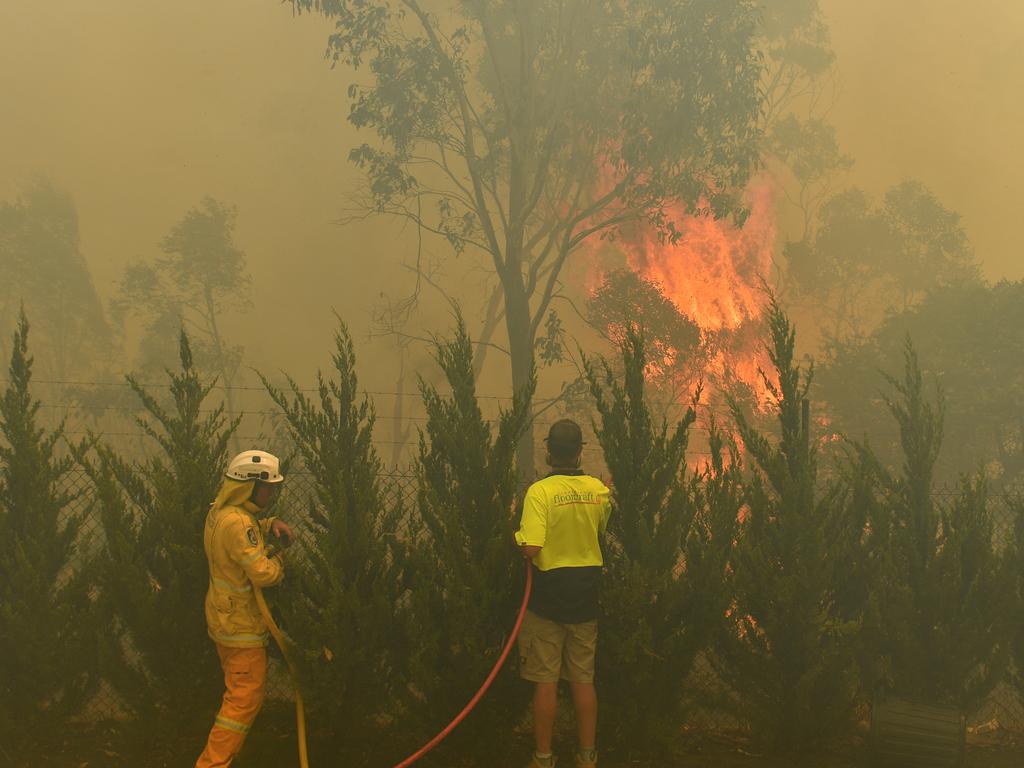Heat on Coalition to release findings of bushfire inquiry
NSW Labor has demanded the Berejiklian government stop ‘dragging its feet’ on releasing an independent report into the catastrophic Black Summer bushfires.

NSW Labor has demanded the Berejiklian government stop “dragging its feet” on releasing an independent report into the catastrophic Black Summer bushfires.
Labor’s environment spokeswoman, Kate Washington, told The Australian that Gladys Berejiklian had delayed the release of the report in part because the government had presided over “savage cuts” to the National Parks and Wildlife Service’s budget.
The Weekend Australian reported on Saturday that the report — with 76 recommendations — had been handed to the government on July 31.
Ms Washington said it was clear “there are things in that report that (the government) doesn’t want the public to know”.
“We have communities going into the bushfire season right now and they deserve to know what’s in that report,” she said.
The report was authored by former NSW Police deputy commissioner Dave Owens and former NSW chief scientist Mary O’Kane, and includes observations on the cause of the fires and how prepared the state was to handle them.
The Weekend Australian also revealed that a number of the recommendations included a call to increase funding for hazard-reduction burns and have them take place closer to at-risk communities. Other recommendations urge more investment in long-term modelling and forecasting of climate extremes.
The fires started in October and continued until February, killing 34 people and destroying 3000 homes across the country.
Despite the report being handed to the government last month, it had yet to be discussed in cabinet, sources told The Australian.
That’s despite an imminent start to the bushfire season and the Rural Fire Service already advising residents in six local government areas — Armidale, Walcha, Uralla, Glen Innes Severn, Inverell and Tenterfield — to begin making their fire safety arrangements.
Government officials expect a political showdown over the recommendations, including within the Coalition, after lengthy public debate about the causes of the fires in their aftermath this year.
Ms Washington said the number of NPWS rangers — who perform hazard-reduction burns — had been cut by a third since the Coalition came to power in 2011.
“We are calling on the government to reverse those funding cuts,” she said. “The job cuts saw people with expertise in national parks lose their jobs … the funding cuts to NPWS limited its capacity to undertake hazard reduction burns, and its ability to respond when fires broke out.”
The NPWS reached its hazard reduction target of 135,000ha in 2018-2019, but fell short during its previous two years, by 29 per cent and 35 per cent respectively.
The Public Service Association has previously said that since 2011, the department’s 289 rangers, including 28 senior rangers, had been trimmed to 193.







To join the conversation, please log in. Don't have an account? Register
Join the conversation, you are commenting as Logout